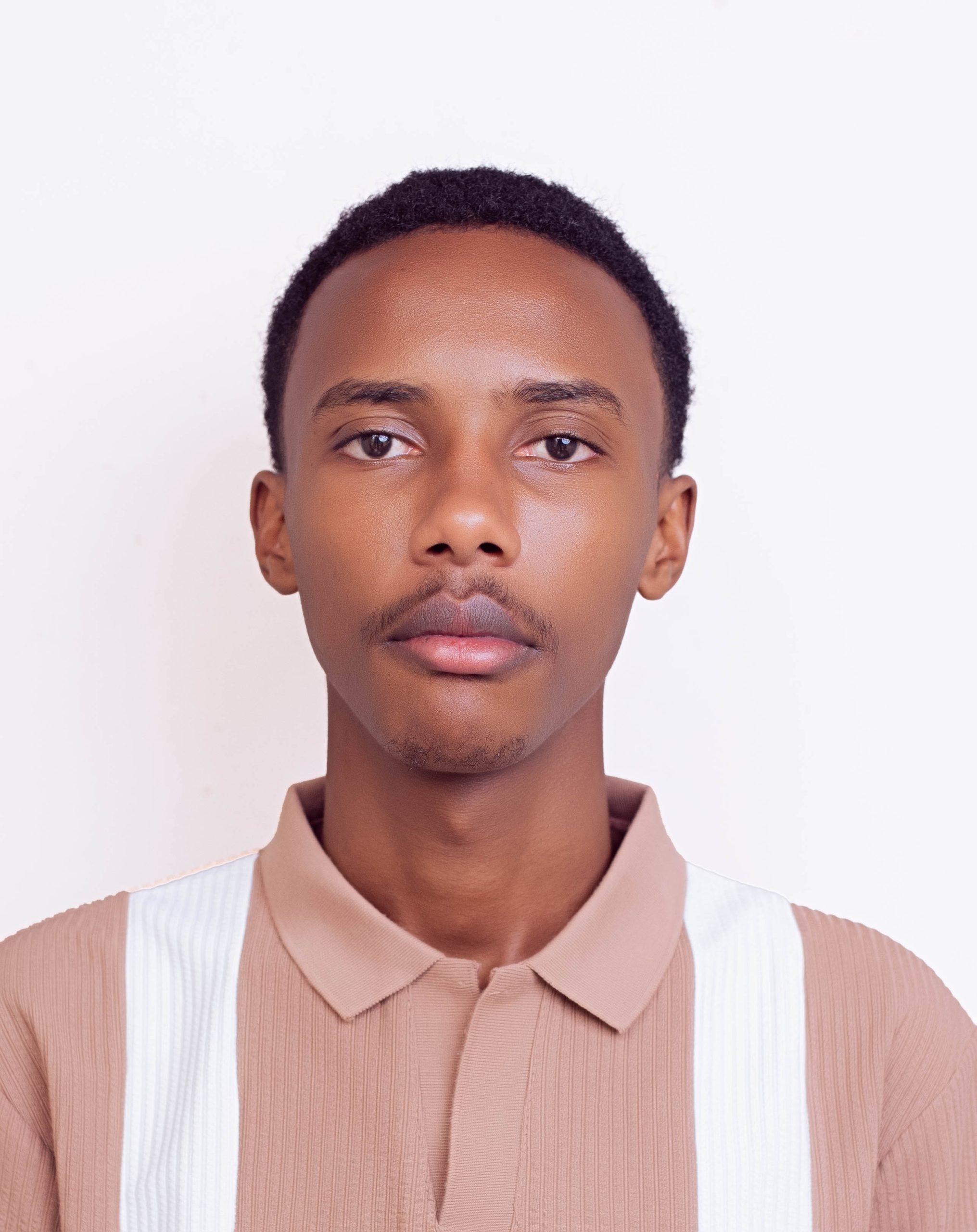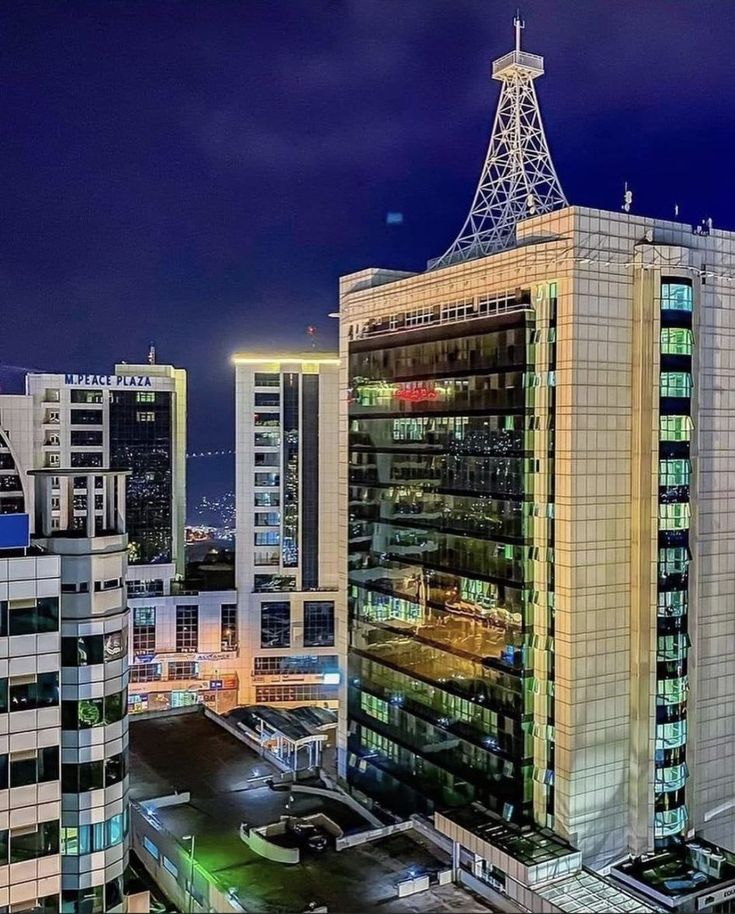A new survey has revealed that 73% of Kigali residents regularly mix Kinyarwanda with other languages in their everyday speech, a trend driven by social influences, language gaps, and modern lifestyle shifts.
The study was conducted in 2023 by the Organisation Internationale de la Francophonie in collaboration with the Rwanda Culture Commission. It also examined the language used in public signage including street names, advertisements, and official announcements.
According to the findings:
- 73% of respondents admit to mixing languages
- Among them:
- 33% do it due to peer pressure or to fit in
- 23% believe mixing doesn’t cause any harm
- 20% say they lack strong Kinyarwanda skills
- 15% feel it makes them sound modern
- 9% think it makes them appear more educated or sophisticated
The survey further indicates that 42% of Rwandans struggle to understand messages written in public spaces. Experts warn that although mixing languages has become a trend, it can also contribute to communication gaps, especially in important public information.
“Some people mix languages because they undervalue their mother tongue, while others do it simply to be accepted by peers,” said Jean Claude Uwiringiyimana, Vice-Chair of the Culture Commission.
Despite the growing habit of language-mixing, researchers emphasize that Kinyarwanda remains very strong nationwide. Between 2012 and 2022, the number of Kinyarwanda speakers increased by 6%, reaching 99.7% of Rwanda’s population.
The study suggests that the trend reflects broader social and cultural shifts, including globalization, increased digital communication, and the desire among young people to identify with modern, international lifestyles. However, cultural experts continue to advocate for preserving Kinyarwanda as the foundation of national identity and unity.





